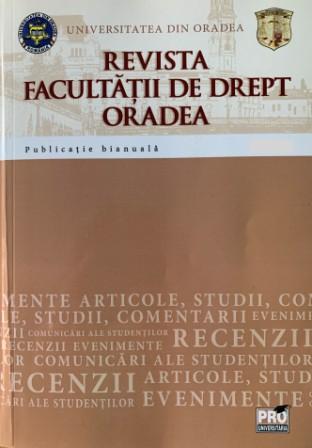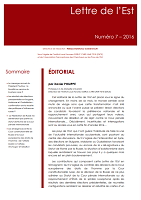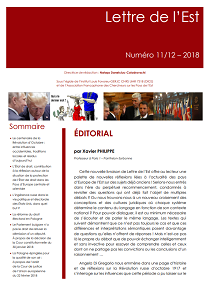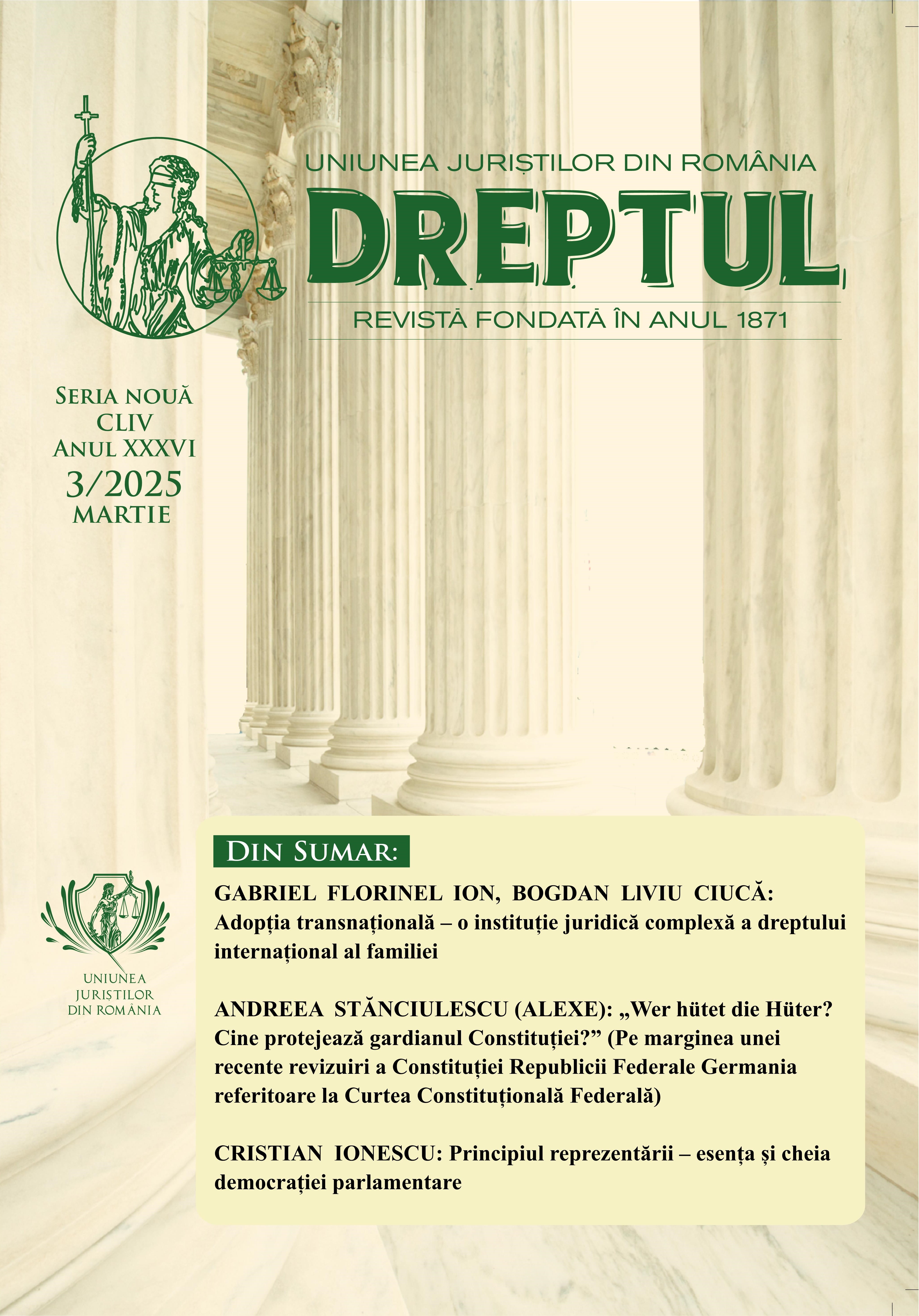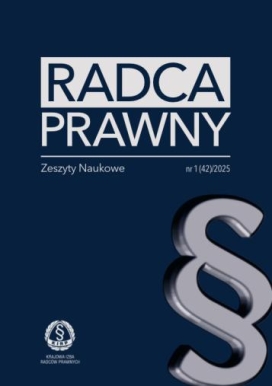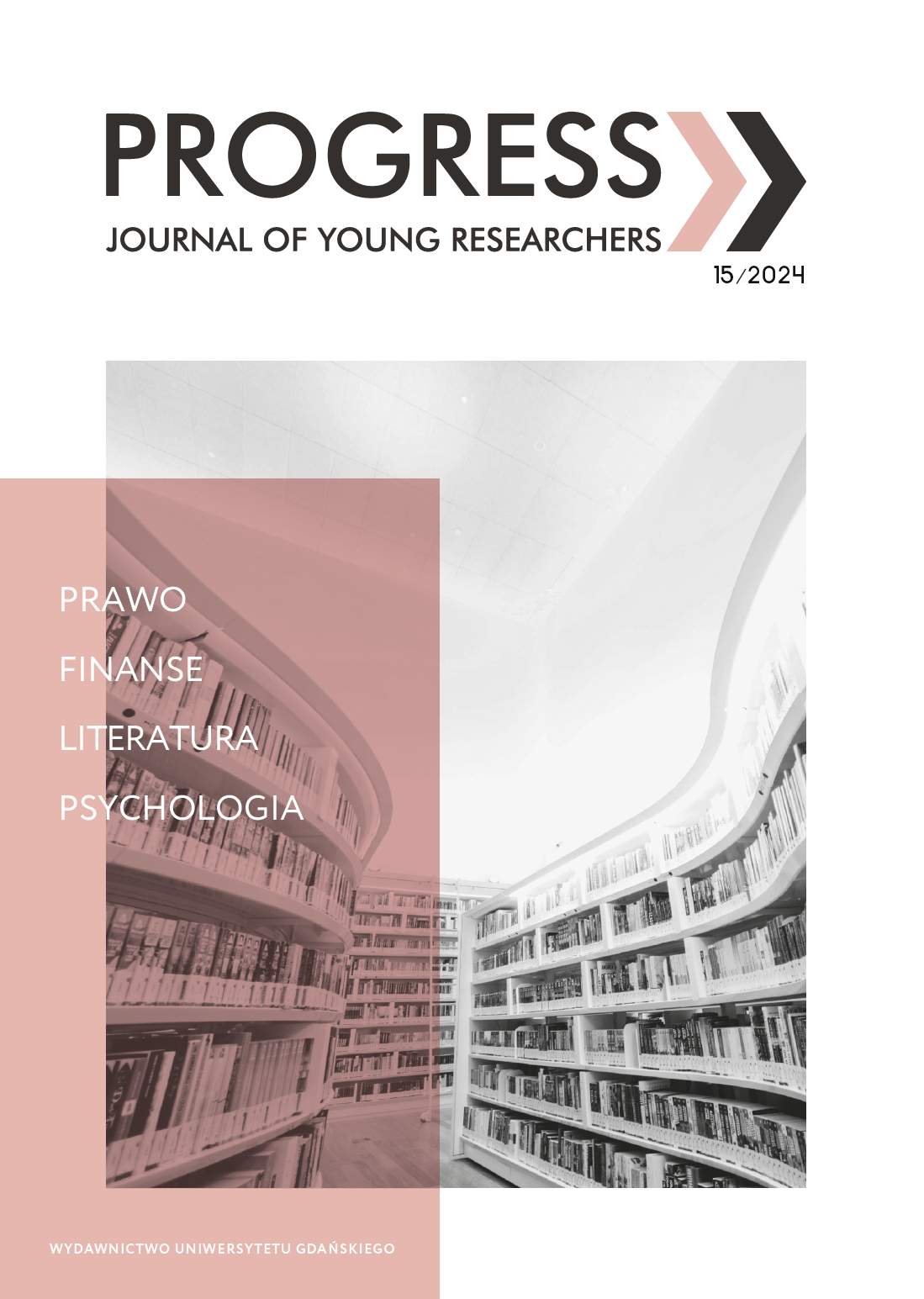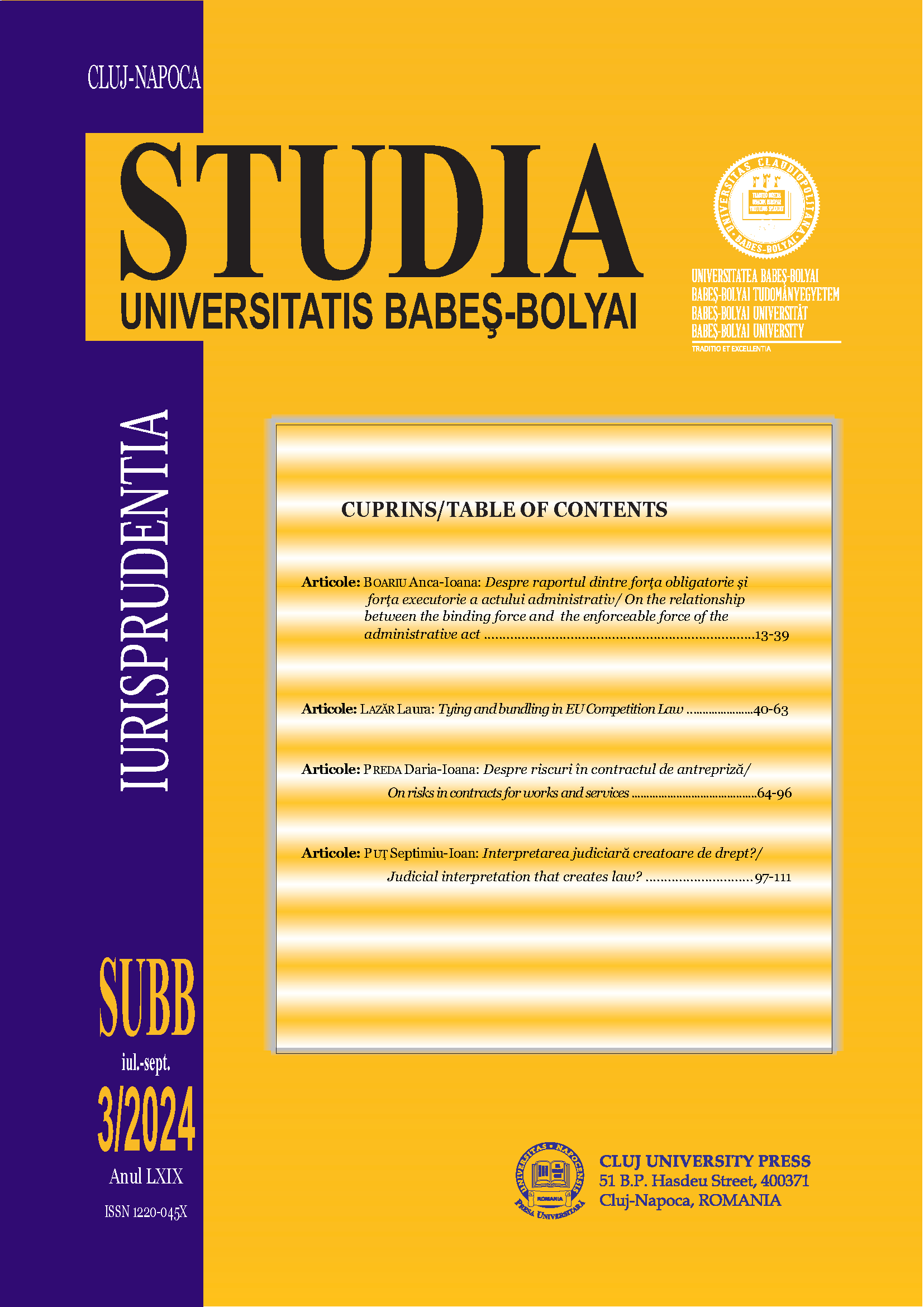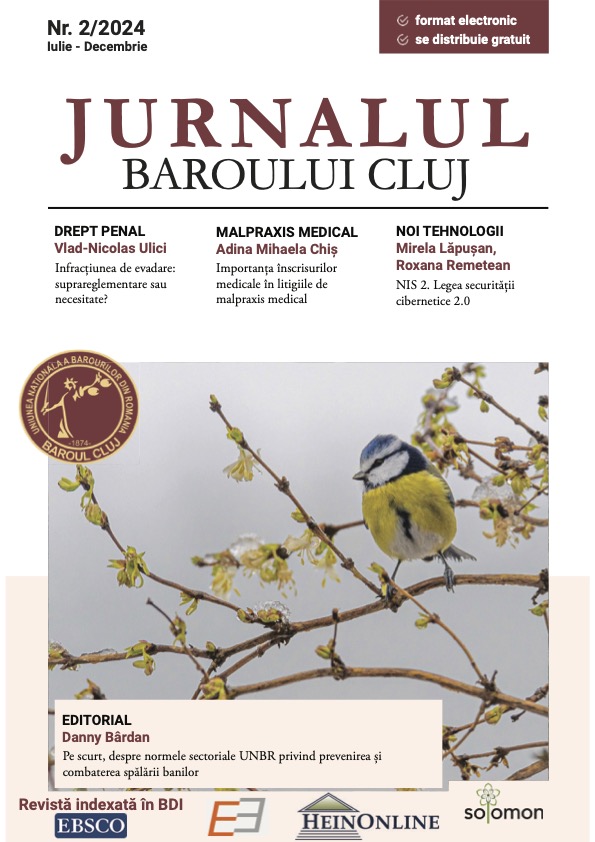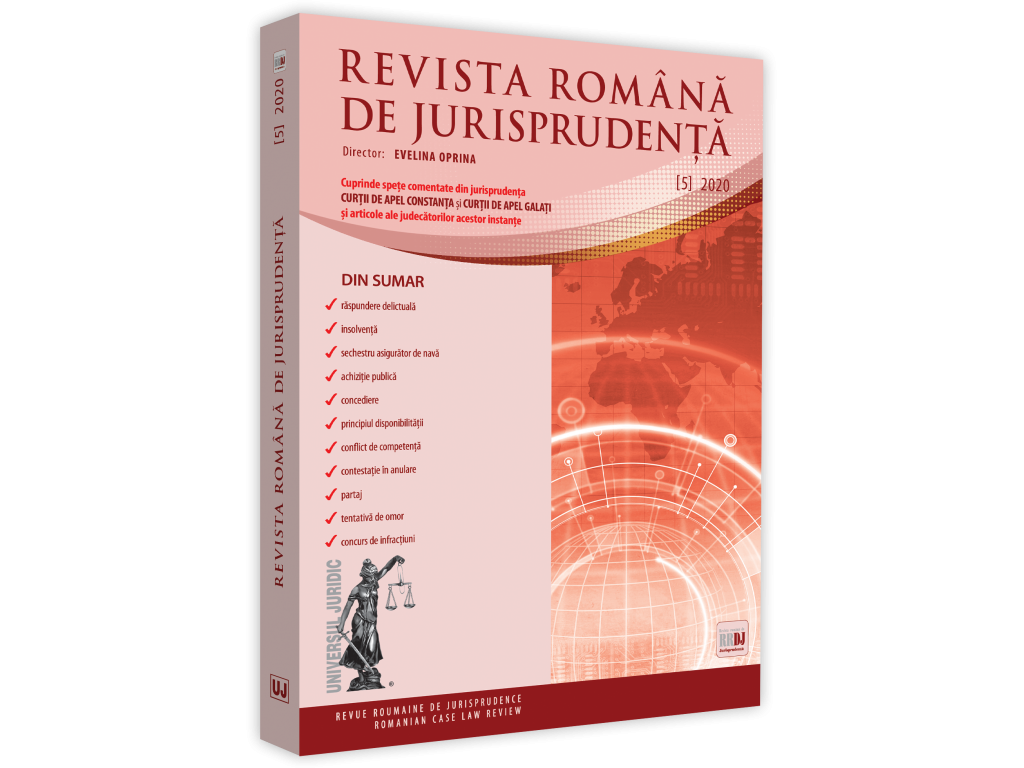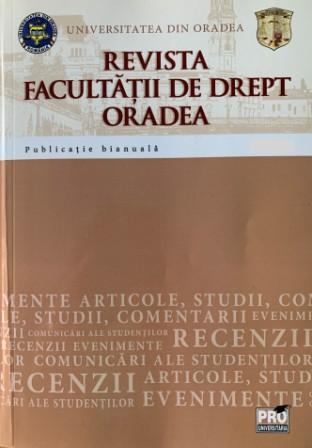
Specte controversate ale judecății în camera preliminară
According to the provisions of art. 342 of the Code of Criminal Procedure, the subject-matter of the preliminary chamber is the verification of the jurisdiction and legality of the notice, the lawfulness of the administration of evidence and of the acts of criminal prosecution bodies. In the paper, it is described the characteristics of the preliminary chamber, then it is analyzed the appeal in the preliminary chamber procedure, the effects that the appeal produces and the solutions which the judge of the preliminary chamber may order in the appeal. Regarding the solutions which the judge of the preliminary chamber may order, they are limited in the Code of Criminal Procedure, as well as the solutions which the judge of the preliminary chamber may pronounce in the appeal. In judicial practice, the solution given in such an appeal, which abolished the sentence of a preliminary chamber, was considered questionable and the case was referred to the same court in the absence of a law providing such a solution. Finally, as a corollary of the issues presented in the paper, we formulated some conclusions and de lege ferenda proposals.
More...
